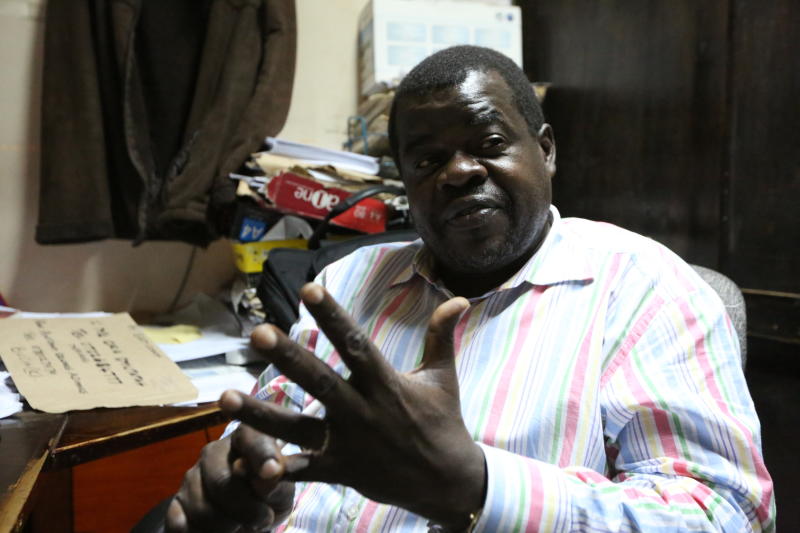
Ethics and Anti-Corruption Commission (EACC) and the Commission on Administrative Justice (CAJ) have backed a case seeking to bar aspirants implicated in graft or those whose integrity is questionable barred from participating in the coming elections.
The Independent Electoral and Boundaries Commission (IEBC), in its response to the case filed by activist Okiya Omtatah, has said it cannot block aspirants from vying for seats, citing the 2013 verdict by the High Court clearing President Uhuru Kenyatta and his deputy William Ruto to vie even when they were facing crimes against humanity charges at the International Criminal Court.